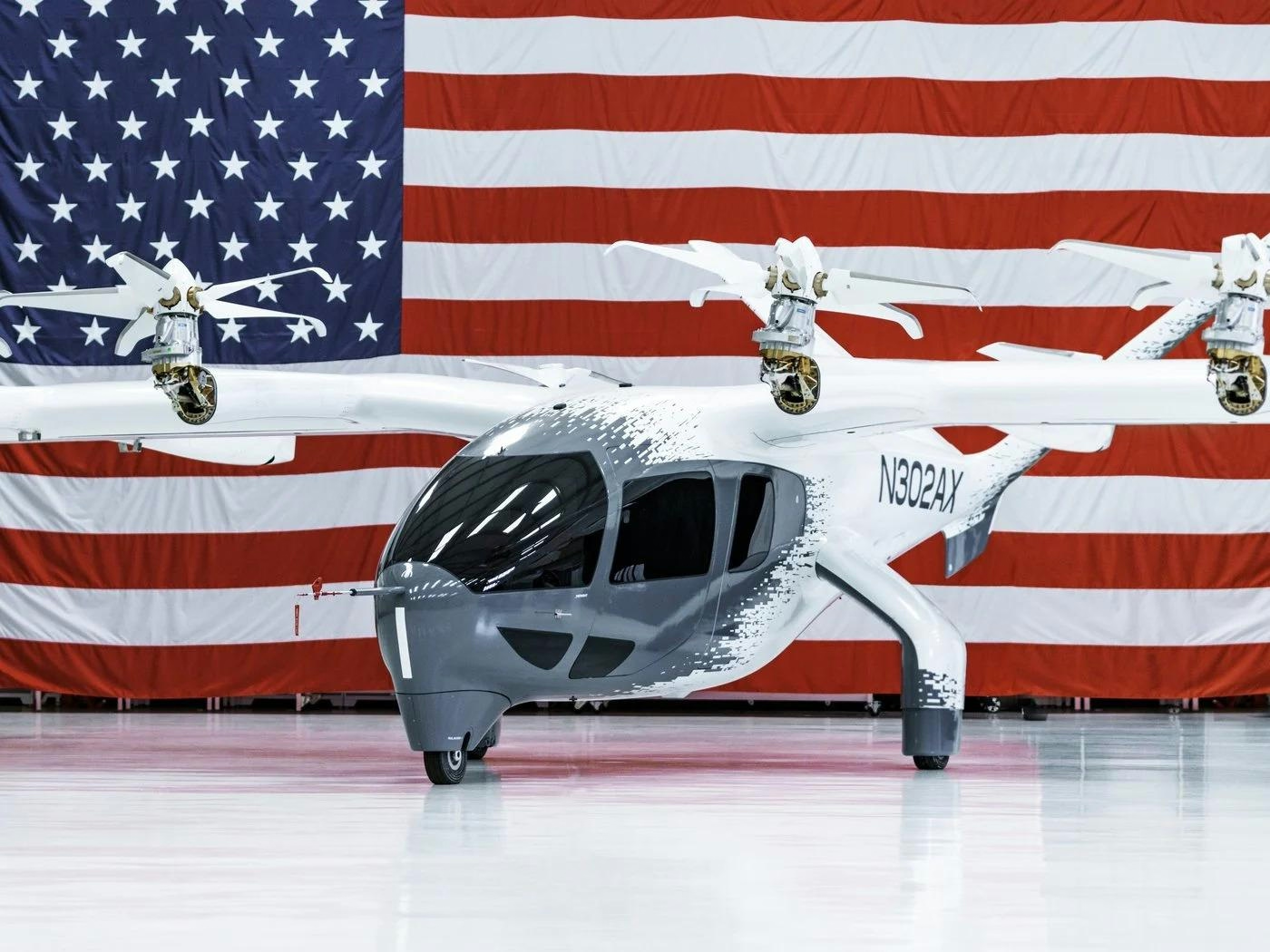
AeroGenie — Votre copilote intelligent.
Tendances
Categories
Dubai Prioritizes Public Safety Ahead of 2026 Air Taxi Launch
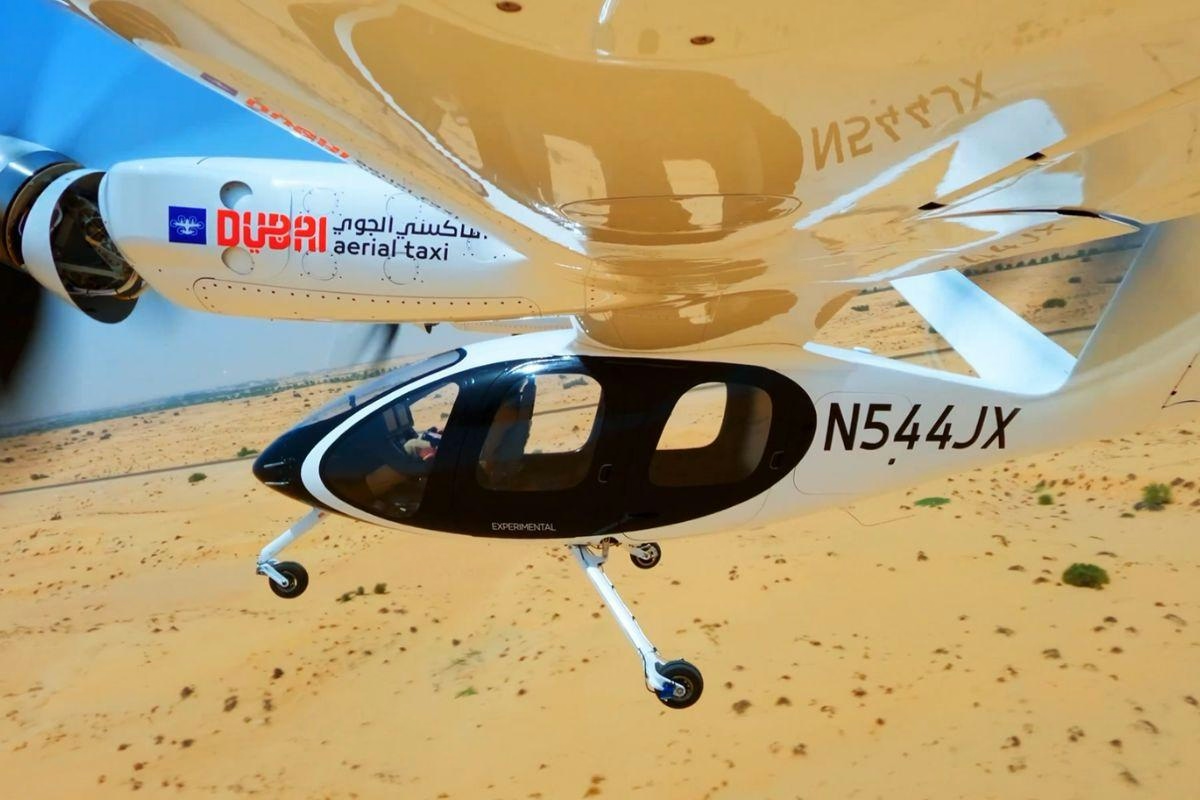
Dubai Prioritizes Public Safety Ahead of 2026 Air Taxi Launch
Dubai is advancing its plans to introduce air taxi services by 2026, placing a strong emphasis on public safety as a fundamental priority. The city is actively securing regulatory approvals and establishing a solid operational framework to support this ambitious initiative, even as it contends with scrutiny from industry experts and competition within the region.
Building a Robust Operational Foundation
A spokesperson for the company involved in the project, Khoury, outlined the comprehensive steps taken to ensure readiness. “We will be operating our own aircraft here in Dubai,” Khoury stated. The company is collaborating closely with the UAE’s General Civil Aviation Authority (GCAA) to obtain an Air Operator Certificate, a critical authorization that permits the transportation of passengers. To date, the team has expanded to include over 11 employees in Dubai, among them four managers. Operational infrastructure is also in place, with a maintenance, repair, and overhaul (MRO) base established at Margham and an office located at One Central. These measures collectively aim to build a strong and sustainable air taxi operation within the city.
Navigating Regulatory and Industry Challenges
Dubai’s aspiration to lead urban air mobility in the Middle East is bolstered by strategic partnerships with prominent companies such as Joby Aviation and Archer. However, the decision to prioritize launching air taxi services in the region before securing certifications in established markets like the United States and Europe has attracted criticism. Industry leaders emphasize the necessity of rigorous regulatory compliance to safeguard passenger safety and maintain public confidence, particularly given the nascent stage of the technology.
The regulatory approval process, managed by the GCAA, remains a significant challenge. Authorities are engaging closely with operators to develop safety standards and operational protocols that address the unique demands of urban air mobility. This collaborative approach is intended to mitigate concerns regarding the technology’s maturity and the sufficiency of oversight mechanisms.
Regional Competition and Safety Commitments
Competition between Dubai and Abu Dhabi to become the primary hub for commercial electric-powered air taxis in the region is intensifying. This rivalry may impact operational strategies and the speed at which safety measures are implemented, as each city strives to establish itself as a leader in the emerging industry.
Despite these pressures, Dubai’s officials and industry partners affirm that public safety will remain uncompromised. The city’s thorough preparations—including recruitment of skilled personnel, establishment of maintenance facilities, and proactive regulatory engagement—are designed to ensure a safe and dependable launch.
As the 2026 launch date approaches, Dubai’s progress will be closely monitored by industry stakeholders and the public alike, serving as a critical benchmark for the future of urban air mobility both regionally and globally.

Vietnam Airlines Sells Airbus A321 Fleet to Arena Aviation Capital in Record Deal
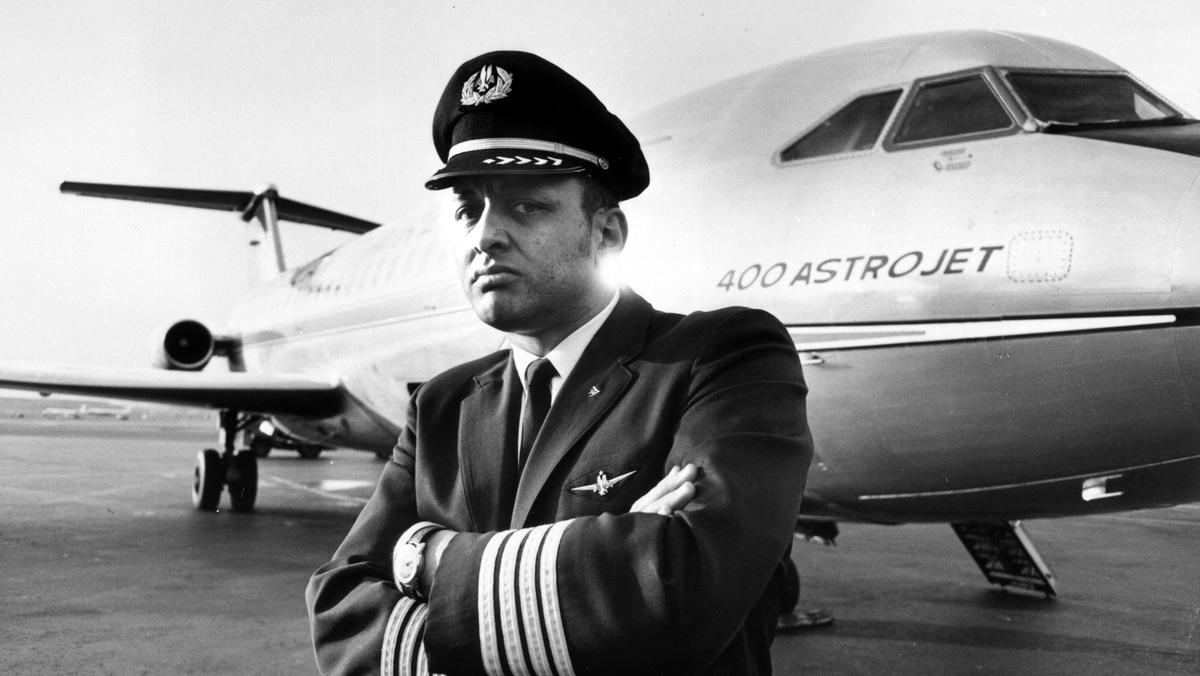
American Airlines at 100: A Century of Innovation in Global Travel
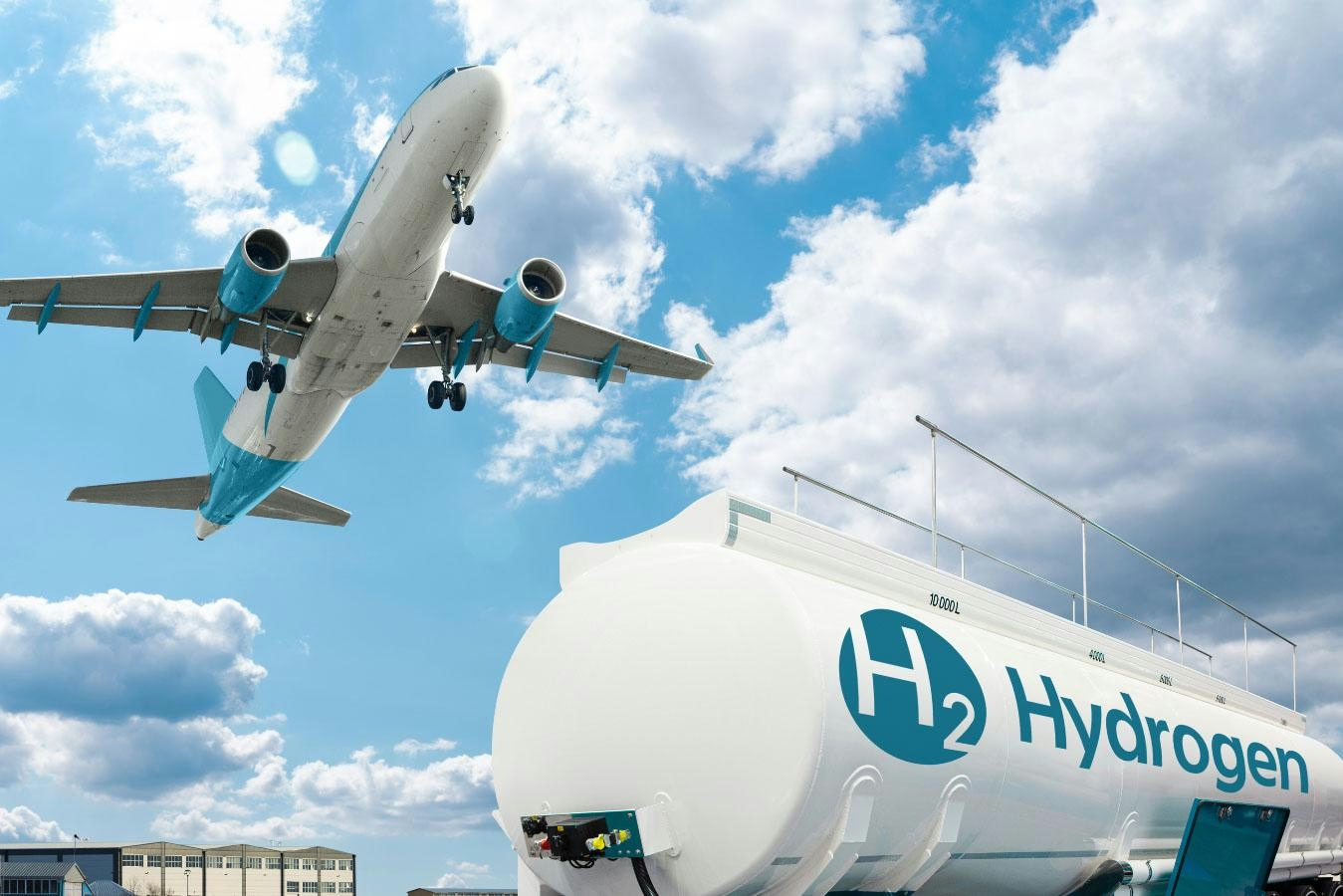
Hydrogen Combustion vs. Fuel Cells: Evaluating Options for Aviation
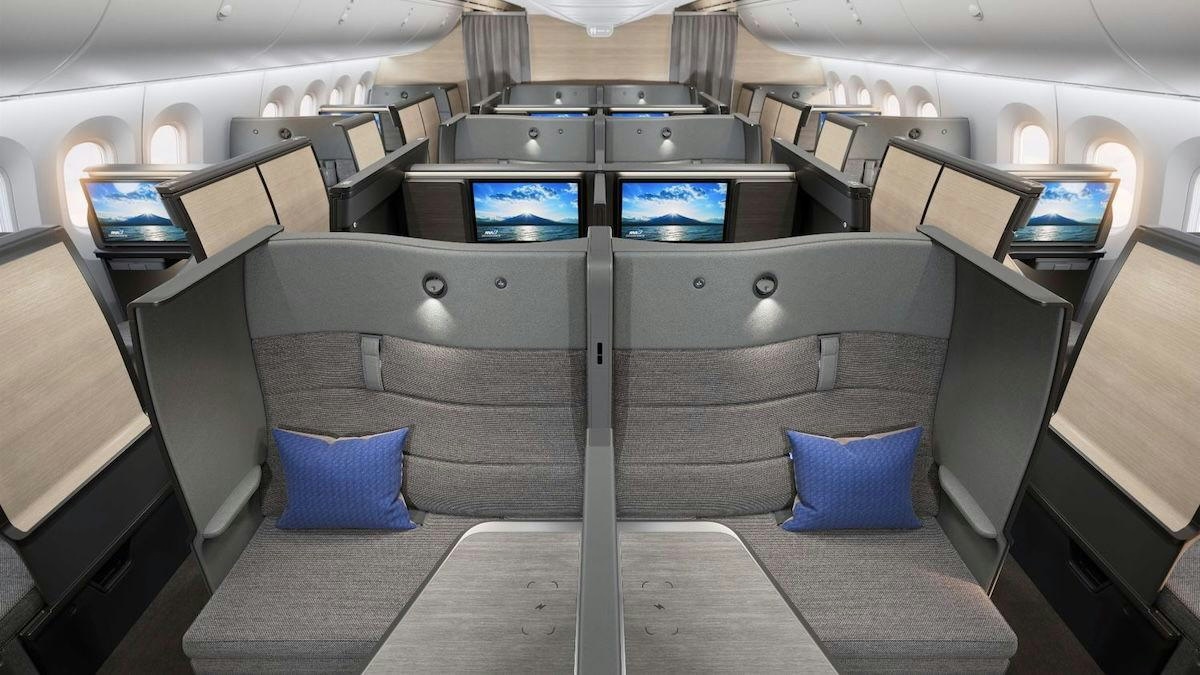
ANA Introduces The Room FX Business Class on Boeing 787 Dreamliners

New Three-Cylinder Engine Features Rotating Block and Stationary Head

Credit Card Rewards Compete with Airline and Hotel Loyalty Programs
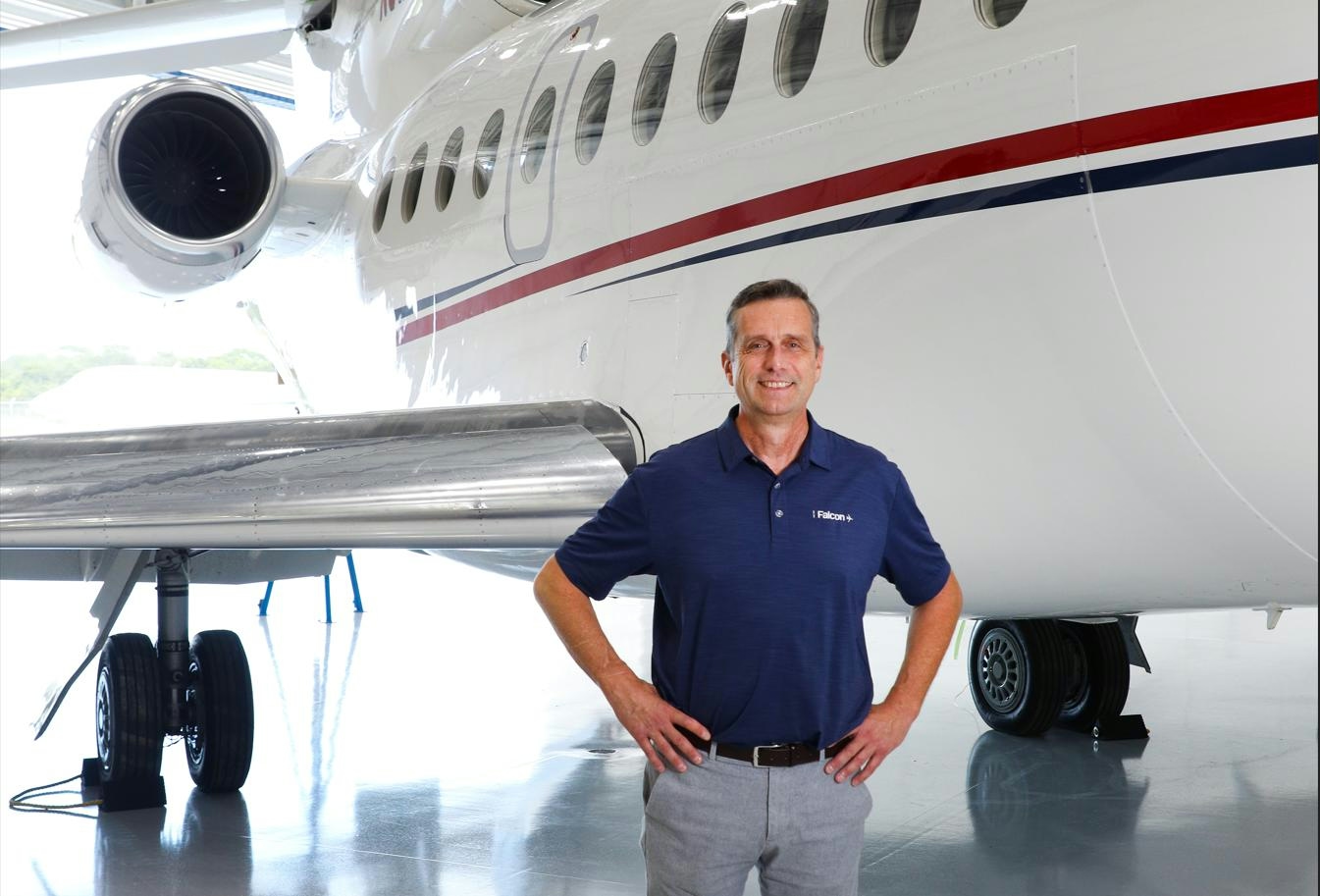
ExecuJet MRO Installs Starlink on Falcon 8X
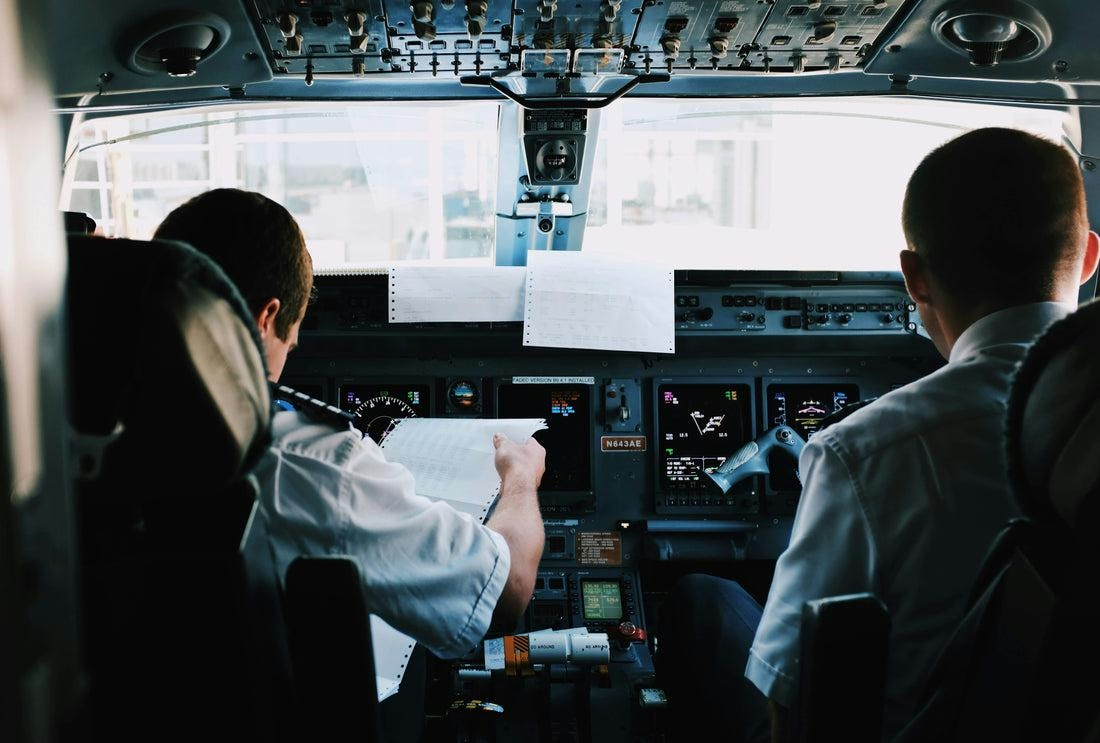
New Airlines Confront Supply Chain and Staffing Challenges
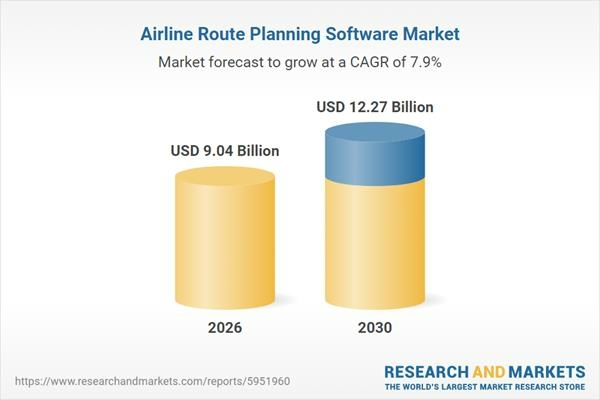
Global Airline Route Planning Software Market Forecasts Through 2035
